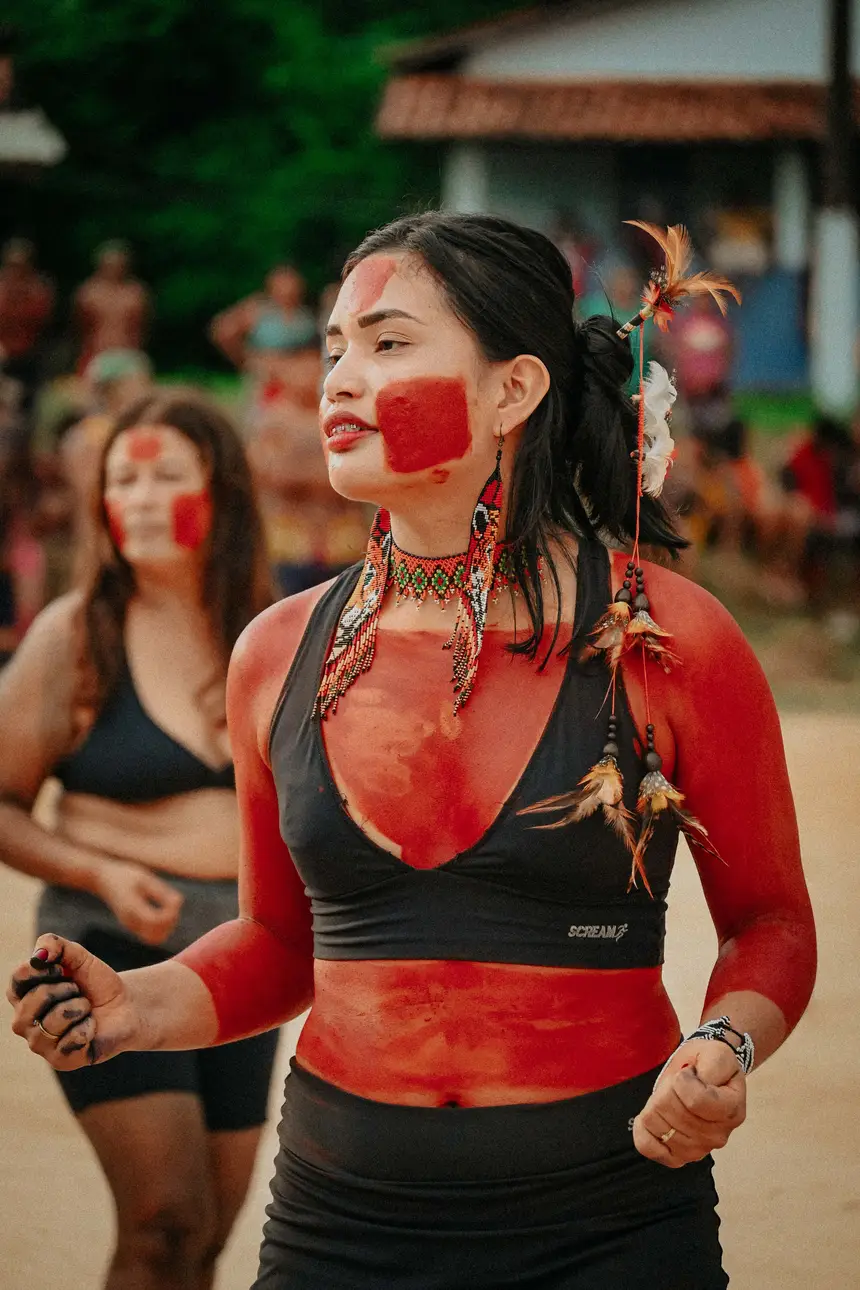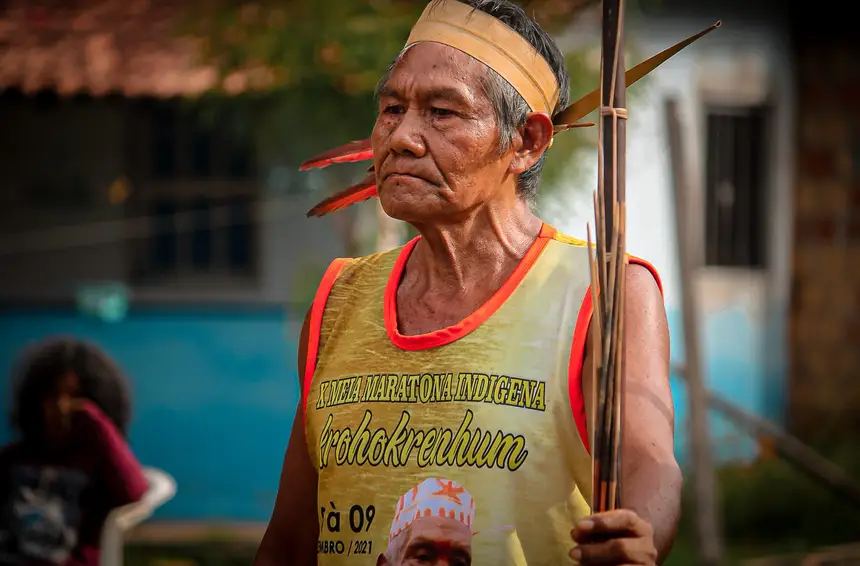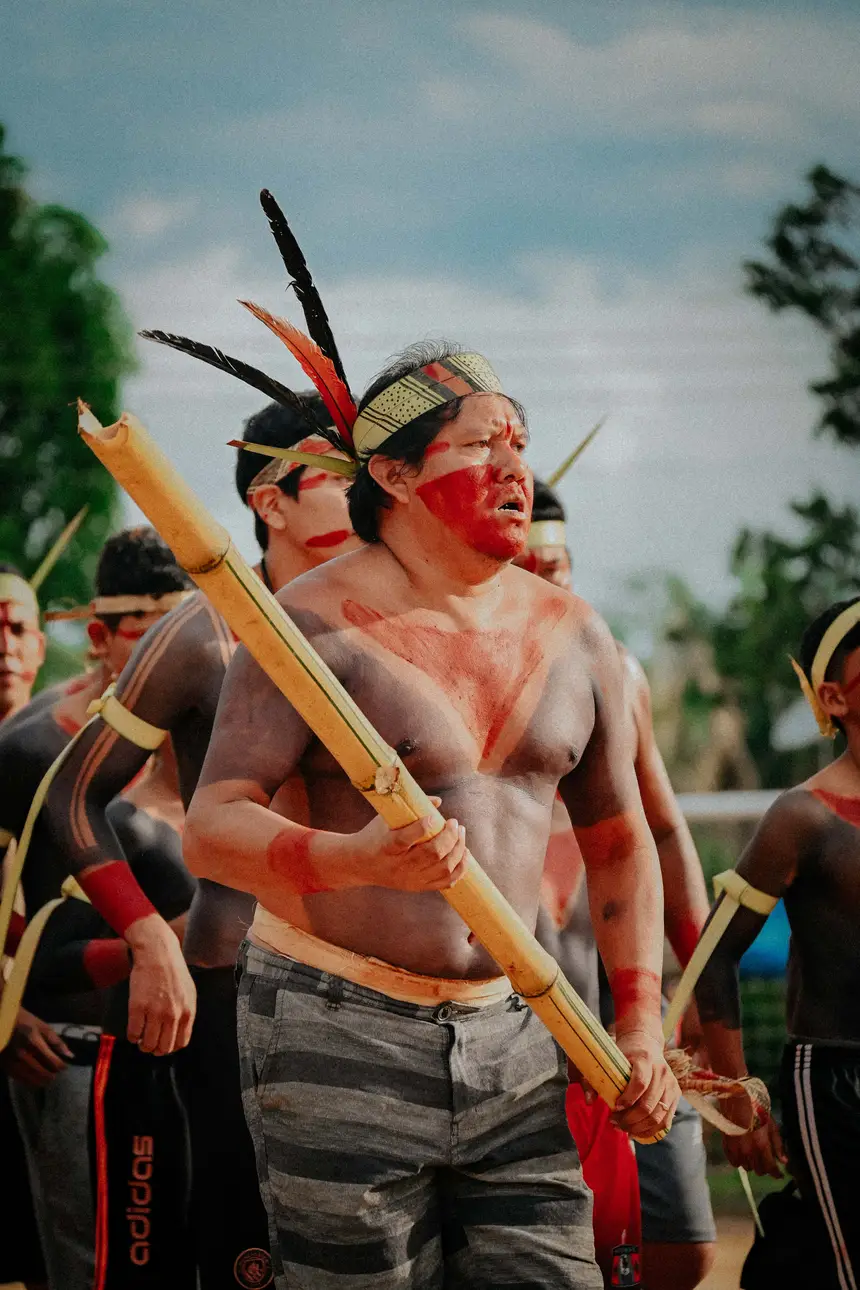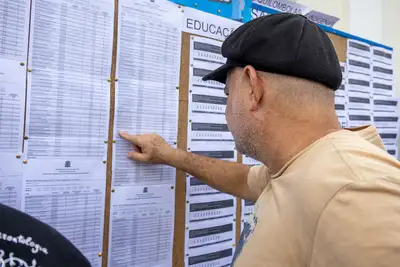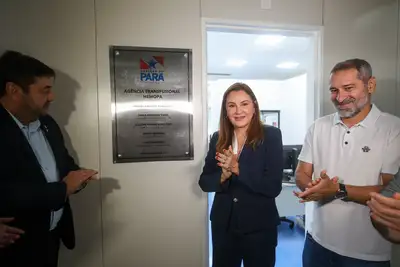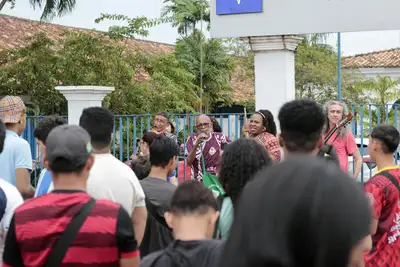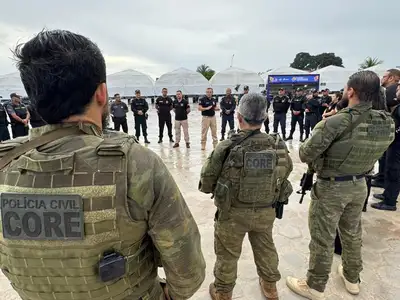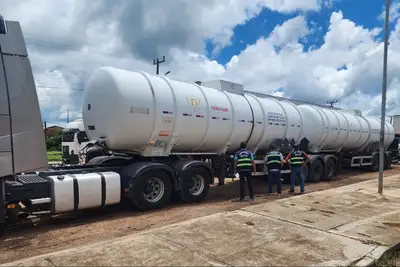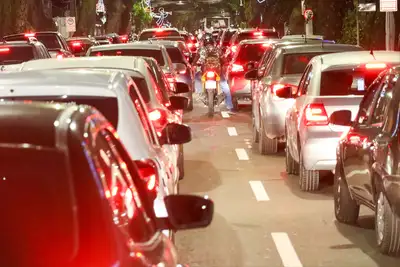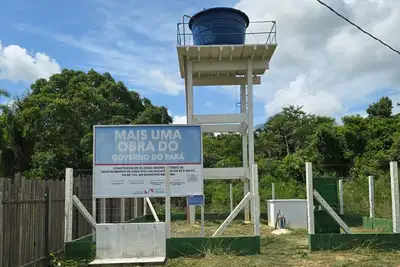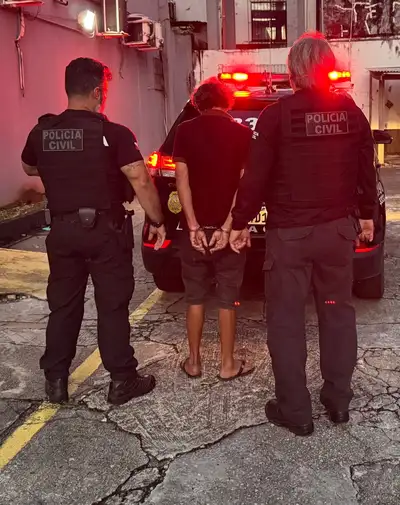Indigenous Peoples Caravan heads to the Indigenous Land Mãe Maria, in southeastern Pará
The action will take place this Monday, 25, at the Akrãtikatêjê Village, bringing together the Gavião people in a moment of listening and strengthening of territories
Another stage of the Indigenous Peoples Caravan towards the 30th United Nations Conference on Climate Change (COP30) will take place this Monday (25). This time, the initiative is hosted by the Akrãtikatêjê Village, in the Indigenous Land Mãe Maria, in Bom Jesus do Tocantins, southeastern Pará. Promoted by the State Secretariat for Indigenous Peoples (Sepi) and supported by Banpará, the meeting will gather the Gavião people in a moment of listening and strengthening of territories, reinforcing the commitment of the Government of Pará to value indigenous communities and prepare them for the climate conference, which will be held in Belém.
Established in 1986, the Indigenous Land Mãe Maria is an emblematic territory for the Amazon and for Brazil. With over 62 thousand hectares, it is home to the Gavião people, formed by the Parkatêjê, Kyikatêjê, and Akrãtikatêjê groups. Guardians of a rich cultural and linguistic heritage of the Timbira trunk, they keep alive traditions and ways of life that have resisted for generations.
Indigenous listening towards COP30 - The Indigenous Peoples Caravan travels through the eight ethnoregions of Pará with the aim of promoting active listening, dialogue, and disseminating information about COP30, expanding indigenous participation and representation. The action also strengthens public policies built together with the communities, valuing the cultures, knowledge, and rights of the forest peoples.
“The Caravan plays a fundamental role in bringing COP30 closer to indigenous communities. Each stop is an opportunity for listening, dialogue, and strengthening leaderships, ensuring that the voice of the peoples is present in global decisions about the climate. In Bom Jesus do Tocantins, we will have another historic moment, with the protagonism of the Gavião people showing the world that the forest is life and needs to be respected,” highlighted Wiratan Sompré, deputy secretary of Sepi.
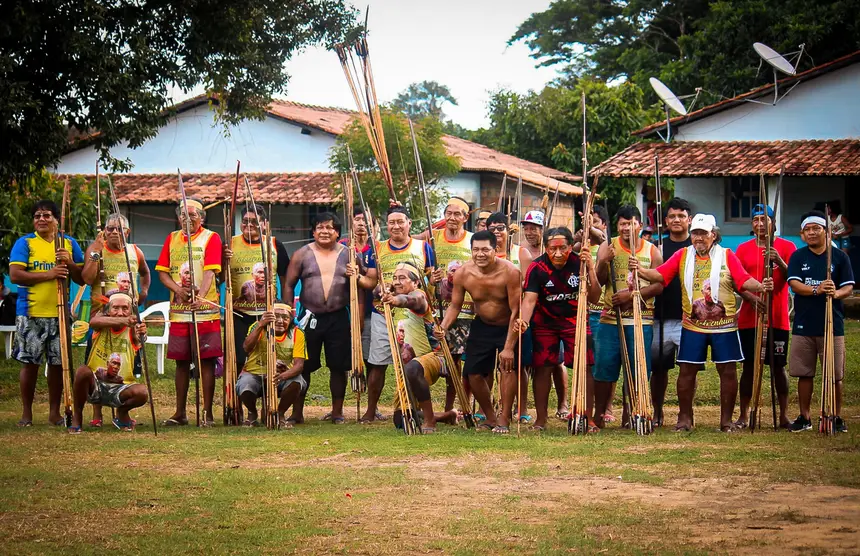
For the Secretary of Indigenous Peoples of Pará, Puyr Tembé, each stop along the route is a milestone to consolidate indigenous presence at the center of the global climate debate. “The Caravan is a space for meeting and strengthening with indigenous peoples in their territories. It is through these conversations, these live listens, that we are preparing the Pará communities for COP30, affirming that their voices, their cultures, and their proposals must be at the center of global decisions,” she emphasized.
The expectation is for a large participation of leaders and families from the Indigenous Land Mãe Maria at the conference, who will contribute with proposals, reflections, and experiences for the debates surrounding climate justice and the protection of the Amazon.


